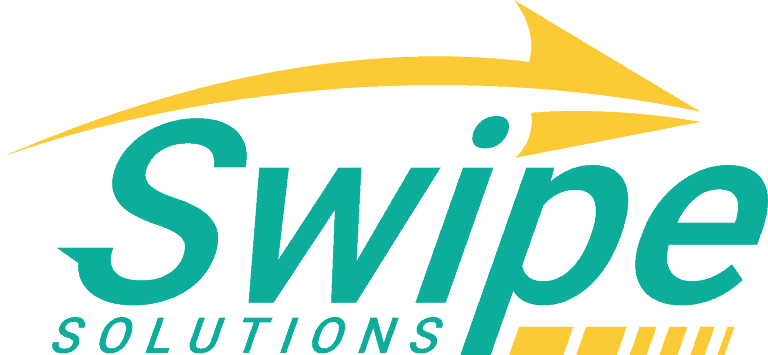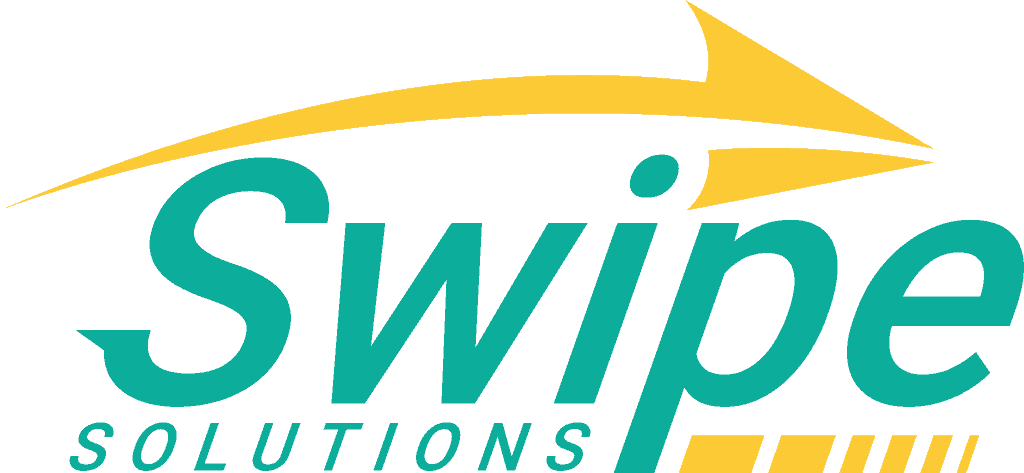Understanding How to Fix Bad Credit
Bad credit can be a heavy burden, but it doesn’t have to be a life sentence. With strategic planning and disciplined action, you can climb out of the negative credit abyss and ascend towards financial stability.
Importance of Credit Score
Your credit score is a numerical representation of your financial trustworthiness. This three-digit number ranges from 300 to 850, with higher scores indicating better creditworthiness. It’s not just a number, but an influential factor that impacts various aspects of your life.
Lenders, landlords, and even employers might scrutinize your credit score before making decisions that affect you. A good credit score can open doors to favorable interest rates, better loan terms, and more competitive job opportunities. Conversely, a low credit score can make it difficult to secure loans or housing, and may even cost you job opportunities.
Thus, understanding and improving your credit score is paramount to your overall financial wellness.
Strategies to Improve Credit Score
Improving your credit score might seem daunting, but it’s entirely achievable with a few key strategies. Let’s delve into some effective methods to boost your creditworthiness.
- Payment History: Timely payments account for approximately 35% of your credit score. Making consistent, punctual payments can significantly improve your credit rating.
- Credit Utilization: This refers to the ratio of your credit card balance to your credit limit. A lower utilization rate (usually below 30%) is viewed more favorably, as it indicates you’re not overly reliant on credit.
- Credit History Length: A longer credit history generally improves your score, as it provides more data about your borrowing behavior.
- Credit Mix: Diversifying your credit portfolio with different types of credit (credit cards, student loans, mortgages, etc.) can reflect positively on your credit score.
- New Credit: While it’s beneficial to diversify your credit, be cautious about opening too many new accounts in a short period, as it may raise red flags for potential lenders.
| Strategy | Description |
| ———————— | ———— |
| Payment History | Pay bills on time |
| Credit Utilization | Keep balance low relative to credit limit |
| Credit History Length | Maintain older accounts |
| Credit Mix | Diversify types of credit |
| New Credit | Avoid opening several new accounts rapidly |
Remember, improving your credit score is a marathon, not a sprint. It takes time, patience, and consistent effort. You might also consider exploring different loan types, such as the differences between bad credit loans vs personal loans or payday loans vs personal loans to understand which suits your specific circumstances best.
Armed with this knowledge, you’re well-equipped to take the first step towards improving your credit score and achieving financial stability.
How Payday Loans Work
What is a Payday Loan
In the financial world, a Payday Loan is a type of short-term borrowing where an individual borrows a small amount at a very high rate of interest. The borrower typically writes a post-dated personal check in the amount they wish to borrow plus a fee in exchange for cash. The lender holds onto the check and cashes it on the agreed upon date, usually the borrower’s next payday. These loans are also referred to as cash advance loans or check advance loans.
Pros and Cons of Payday Loans
Like any financial instrument, payday loans come with their shares of advantages and drawbacks. Understanding these will help you make an informed decision and utilize these loans effectively.
Pros of Payday Loans:
- Fast Access to Cash: If you are in a financial crunch and need immediate cash, payday loans can be a lifesaver. The loan approval process is typically fast, and you get the cash almost instantly.
- Few Requirements: Compared to conventional loans, payday loans require less paperwork and eligibility criteria are minimal. All you need is a steady source of income, an active bank account, and proof of identity.
- No Credit Checks: If you have a rocky credit history, you can still get a payday loan. Lenders usually don’t check your credit scores and base their decision on your current ability to repay the loan.
Cons of Payday Loans:
- High Interest Rates: Payday loans have notoriously high interest rates. This can lead to a cycle of debt if you are unable to repay the loan in full on your next payday.
- Short Repayment Period: These loans are designed to be paid back in a single lump sum payment on your next payday, which could strain your finances if you’re already living paycheck to paycheck.
- Fees for Missed or Late Payments: If you miss the repayment date, you might have to pay hefty fees, which can further add to your financial woes.
| Pros | Cons |
|——|——|
| Fast access to cash | High interest rates |
| Few requirements | Short repayment period |
| No credit checks | Fees for missed or late payments |
Understanding the pros and cons of payday loans can help you make the best decisions for your financial situation. You might also find it useful to compare payday loans with other types of loans, such as bad credit loans vs person loans and payday loans vs personal loans, to better grasp the implications of each.
Ways to Fix Bad Credit
Apart from utilizing payday loans, there are other effective strategies to quickly restore your credit health. These methods focus on fundamental financial practices that create a positive impact on your credit score. Let’s delve into some of the most effective ones:
Paying Bills on Time
One of the most straightforward ways to enhance your credit score is paying your bills promptly. Late payments can severely impact your credit score. Every bill you pay on time is a step towards improving your creditworthiness. It includes everything from utility bills to credit card payments and even your rent.
Setting up automated payments or reminders can be very beneficial in keeping track of your dues. This method not only helps in establishing a good credit history but also reflects positively on your credit report.
Reducing Debt
Another significant way to fix bad credit is by reducing your overall debt. High outstanding debt can negatively impact your credit score. Begin by making a list of all your debts and prioritize paying off the ones with the highest interest rates. This strategy, known as the “avalanche method,” can save you money over time.
Moreover, consider using a debt consolidation loan or a balance transfer credit card to manage your debt more effectively. However, be aware of the potential pitfalls associated with these options. For more information, you might want to read about bad credit loans vs personal loans.
Regular Credit Report Checks
Regularly checking your credit report is an essential step in improving your credit score. It allows you to monitor your credit history, identify any mistakes, and address them promptly. Errors in your credit report can lead to a lower credit score, so it’s crucial to ensure everything is accurate and up-to-date.
Most credit bureaus provide a free annual credit report. Make sure you take advantage of this service and review your report for any discrepancies. Disputing and resolving these inaccuracies can give your credit score a substantial boost.
By consistently applying these methods, you can gradually rebuild your credit score while developing healthier financial habits. Remember, the journey to fix bad credit is a marathon, not a sprint. It takes time and patience, but the rewards are worth the effort.
As we draw to a close on this informative journey, let’s circle back to the crux of our discussion – the utilization of payday loans as a tool to swiftly rectify bad credit. This might seem counterintuitive at first glance, but when used judiciously and responsibly, payday loans can indeed serve as an effective strategy to recover from the clutches of poor credit.
You’ve learned how a payday loan, essentially a short-term, high-interest loan, can provide immediate access to cash when you need it the most. This instant liquidity can be a lifesaver when confronted with unexpected expenses or financial emergencies. More importantly, it offers you a chance to demonstrate your creditworthiness by repaying the loan on time.
However, the key to successfully using payday loans lies in your disciplined approach towards their repayment. Remember, a missed or late payment can further deteriorate your credit score. Therefore, it’s paramount to ensure that you borrow only what you can comfortably repay.
Furthermore, payday loans should not be your sole strategy for improving your credit score. Incorporating other methods, such as paying your bills promptly, reducing your overall debt, and regularly checking your credit report, will bolster your efforts to repair your credit.
To better understand how payday loans compare to other types of loans, you might find the article on payday loans vs personal loans helpful.
In conclusion, while payday loans carry their own set of risks and drawbacks, they can be a viable tool for quick credit repair. However, they must be used responsibly and as part of a broader financial plan. Ultimately, the journey to good credit is a marathon, not a sprint, requiring financial discipline, diligence, and patience.
Stay tuned to our blog for more practical financial advice and tips to navigate your financial journey.
FAQ
Is it safe to use payday loans?
Yes, it is safe to use payday loans as long as you approach them responsibly. Payday loans can provide immediate access to funds when you’re in a financial crunch. However, they can also come with high interest rates and fees if not managed properly. Therefore, it’s essential to understand the terms and conditions of your payday loan and ensure that you can repay the loan on time to avoid falling into a debt trap. For a more detailed comparison, you might want to read payday loans vs personal loans to make an informed decision.
How quickly can I improve my credit score?
Improving your credit score is not an overnight process. It takes time and consistent effort. Depending on the current status of your credit, it may take a few months to a year or more to see a significant improvement in your credit score. However, you can start by paying your bills on time, reducing your debt, and regularly checking your credit report. Regular use of payday loans, with prompt repayment, can also help build your credit history over time.
How often should I check my credit report?
As a rule of thumb, you should check your credit report at least once a year. Regular checks allow you to monitor your credit status, detect any errors, and take appropriate steps to rectify them. However, if you are actively working to improve your credit score or if you have recently been a victim of identity theft or fraud, you may want to check your credit report more frequently. Remember, keeping a close eye on your credit report is a proactive way to maintain and improve your credit health.

